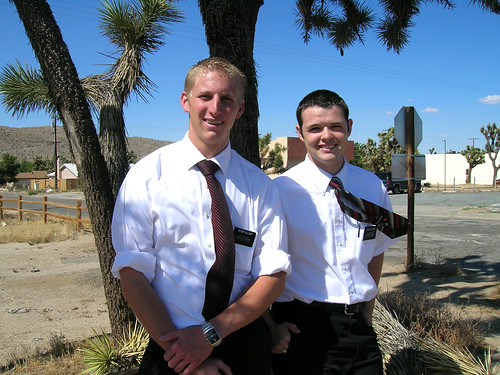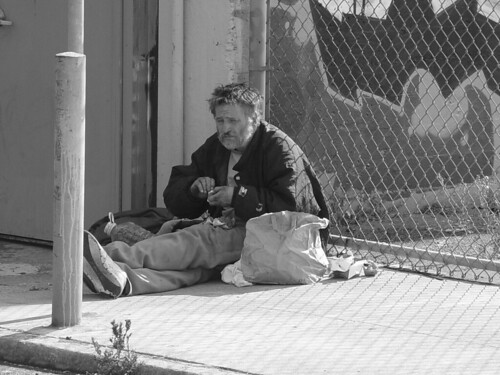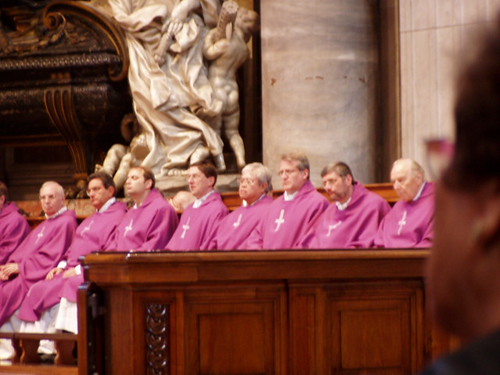
A
friend that I read was discussing at some length the question of 'authority/supremecy' and the use of that word in regard to reason, scripture and tradition (aka Richard Hooker's famous 3-legged stool, though there's no evidence he actually referred to it as such). I've resisted the urge to comment, but his words (as so often happens) has gotten me reading about the topic and thinking.
The concept of
Sola Scriptura is, in my opinion, flawed from the outset due to the actual nature of what is and is not in what most consider to be scripture. Ignoring the question of Divine authorship, a document which has been collated, edited and translated by fallible sources over thousands of years is not, prima facie, infallible. This is not, in any manner, to invalidate the value or usefulness of the document, but rather to look at it in an objective manner.
Tradition is likewise a valuable but flawed source from which to draw authority from. I have written about tradition at length in the past, so I shan't repeat the whole verse, but 'because we have always done so' (under whatever moniker you wish to describe it) without other, validating support has been and still is a straw-man defense much in the same vein as discarding things solely because they had been thusly before.
This brings us to Reason. Reason, in Hooker's description is not an
ipso facto authority, but rather an interpretive tool. Put differently, it is a lens through which we may view the above mentioned Scripture and Tradition in an attempt to make ancient and distant concepts relevant and approachable in a modern context (whether modern is circa 1600 or 2010). So, where is this touted reason to spring from? Is it from education or erudition? No.
"There are but two ways whereby the Spirit leadeth men into all truth; the one extraordinary, the other common; the one belonging but unto some few, the other extending itself unto all that are of God; the one, that which we call by a special divine excellency Revelation, the other Reason." (Hooker,
Of the Laws of Ecclesiastical Polity, preface)
James Kiefer describes Hooker's Reason as "...thought, not as propositional thinking, but as the whole process of experience, and reflection on experience, that issues in knowledge and wisdom, and supremely, the knowledge of God." (
cite)
So...to bring in my Crone's favorite question "Where's God in all this?" From my own experience and from what I interpret from Hooker, the lens of Reason is focused by the Divine whereby we may understand and interpret the Scriptures and Traditions to best work for His good.
So, which is most important? Which has 'authority'? Scripture and Tradition are the same for different people who have different viewpoints and different lives, but Reason, focused by the Divine, permits each person to draw what is important
to their lives from the aforementioned two. As to some authority? Meh, y'all can argue that, I have sheep to feed.
 This weekend our parish is celebrating the feast of Mary Magdalene. Given the recent discussions on multiple blogs and other places regarding the Roman Church, people leaving and general hate and discontent, I would humbly offer this prayer.
This weekend our parish is celebrating the feast of Mary Magdalene. Given the recent discussions on multiple blogs and other places regarding the Roman Church, people leaving and general hate and discontent, I would humbly offer this prayer.




















